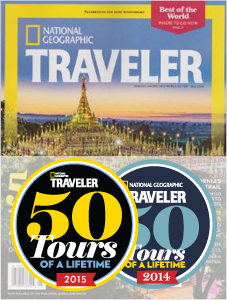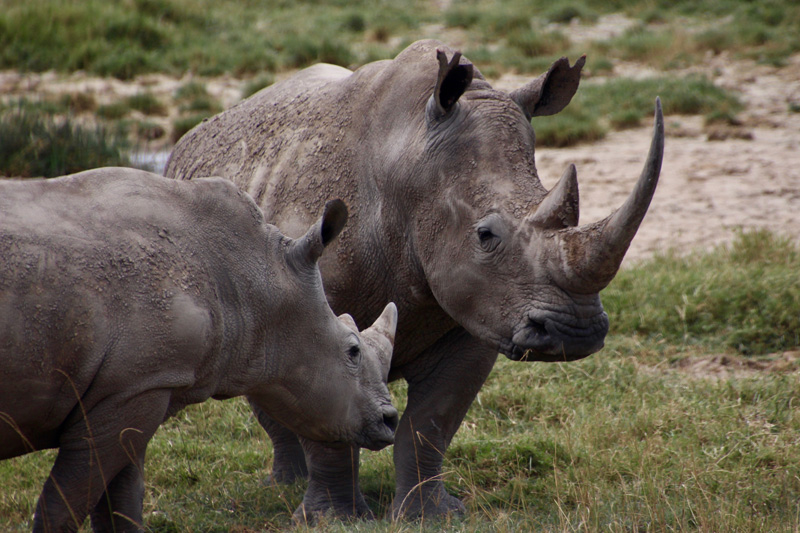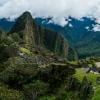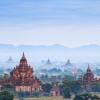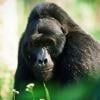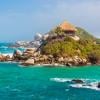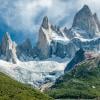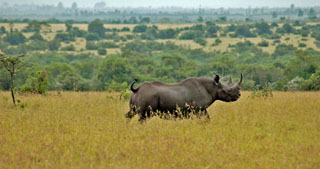 On Kenya camping tours, you may spy one of 700 eastern black rhinos left in the wild, an elephant is not too far off, and a small herd of mooing cattle wanders into your field of vision as you snap the perfect photo of a grazing zebra. There is one place in Kenya where the cows are not out of place, and in fact are welcomed into the environment. This week we’d like to feature a basecamp in Kenya we all get very excited about, Ol Pejeta. Though it is more of a wildlife conservancy, Ol Pejeta is home to a number of lodges and camps, all run by the non-profit organization.
On Kenya camping tours, you may spy one of 700 eastern black rhinos left in the wild, an elephant is not too far off, and a small herd of mooing cattle wanders into your field of vision as you snap the perfect photo of a grazing zebra. There is one place in Kenya where the cows are not out of place, and in fact are welcomed into the environment. This week we’d like to feature a basecamp in Kenya we all get very excited about, Ol Pejeta. Though it is more of a wildlife conservancy, Ol Pejeta is home to a number of lodges and camps, all run by the non-profit organization.
There are few places left on the planet that remain perfect examples of the term “off the beaten path.” Tourism is nearly everywhere in the 21st century, and even the travel specialists at Global Basecamps find it more and more difficult to define these locations. This week, we’d like to define “OTBP” in Tanzania.
There is a reason Tanzania is one of the premier destinations for a quintessential African safari. There are world famous national parks here that are synonymous with wildebeest migrations and Big 5 sightings, and with good reason; don’t let anyone tell you that Serengeti National Park, Ngorongoro Crater, and Lake Manyara aren’t hands down the best parks for wildlife viewing in Tanzania. This “Northern Circuit” is popular worldwide, and sees tons of travelers annually.
We don’t want to discourage you from experiencing these destinations; they are magnificent and we love them ourselves! A Tanzania Safari specifically highlights these parks should they call to you. However, if you have the time and the inclination, there are many parks around Tanzania that deserve your attention and your travel, and on average receive far less of both.
One of our own recently returned from her trip to Tanzania. She was kind enough to share some of her pictures and experiences with us! This is How We Travel.
I just had the incredible opportunity to embark on a nine day Tanzania tour through Tanzania’s Northern Circuit. This was my first time traveling to Africa, and it couldn’t have been a better introduction to this incredible continent. The safari not only highlighted the incredible wildebeest migration and big game, but also allowed us to interact with the local tribes, and gain a deeper understanding into their daily lives and culture.
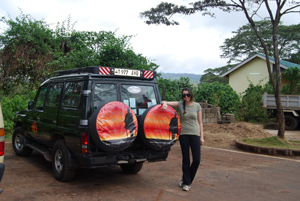
Day 1: After a long 24 hours of traveling from California, we arrived at Kilimanjaro Airport. Stepping off the plane onto the open airstrip and taking in our first breath of Africa was truly an experience in and of itself. On arrival we were met by the smiling face of our guide Francis. We loaded up the iconic Toyota Land Cruiser and were on our way to Arusha. Checking in at the charming Ahadi lodge around 11:30PM, exhausted and hungry, the kind and attentive staff were more than accommodating, and provided us with a hot and delicious three course meal. With our tummies full we went to sleep with dreams of Africa.
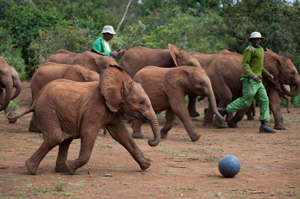 Documentaries come and go, and sometimes they are as easily forgettable as they are initially impactful, but we think Born to Be Wild, a film directed by David Lickley, deserves a little more attention. Nature documentaries have always been commercially and critically successful, and over the last few years the popularization of marching penguins, along with BBC-produced hi-def documentary series have certainly raised the bar for commercial success. High definition, 3-D and IMAX formats, along with the narrations of a man named Morgan Freeman are the new formula it seems.
Documentaries come and go, and sometimes they are as easily forgettable as they are initially impactful, but we think Born to Be Wild, a film directed by David Lickley, deserves a little more attention. Nature documentaries have always been commercially and critically successful, and over the last few years the popularization of marching penguins, along with BBC-produced hi-def documentary series have certainly raised the bar for commercial success. High definition, 3-D and IMAX formats, along with the narrations of a man named Morgan Freeman are the new formula it seems.
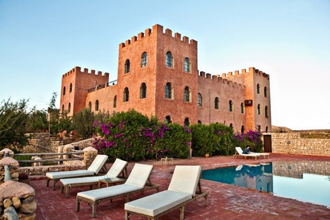 If “Morocco” does not evoke thoughts of green-living and eco-travel, if the the arid hills of Northern Africa are not on your list of destinations for your around the world tour, and if you don’t think a traditional Moroccan kasbah somewhere between the Atlas Mountains and coastal Agadir can teach us how to live our lives more harmoniously with our environment, let Atlas Kasbah Ecolodge change your perspective. When the travel specialists here at Global Basecamps were researching travel opportunities in Morocco, we were giddy to find a local property that so closely matched our company ethos of sustainable travel.
If “Morocco” does not evoke thoughts of green-living and eco-travel, if the the arid hills of Northern Africa are not on your list of destinations for your around the world tour, and if you don’t think a traditional Moroccan kasbah somewhere between the Atlas Mountains and coastal Agadir can teach us how to live our lives more harmoniously with our environment, let Atlas Kasbah Ecolodge change your perspective. When the travel specialists here at Global Basecamps were researching travel opportunities in Morocco, we were giddy to find a local property that so closely matched our company ethos of sustainable travel.

